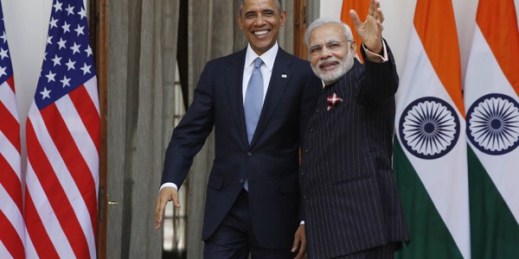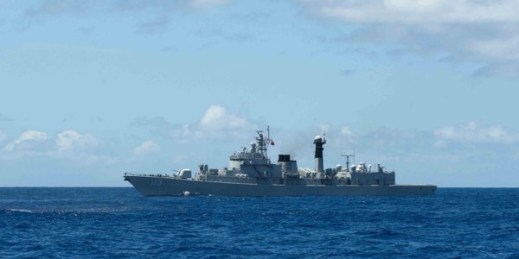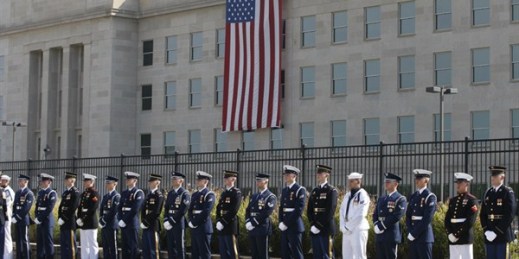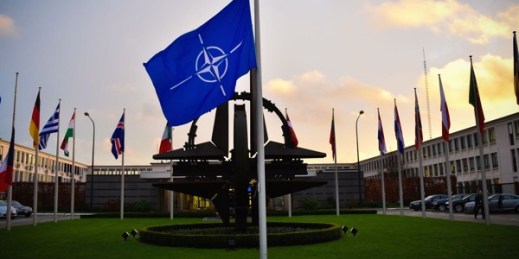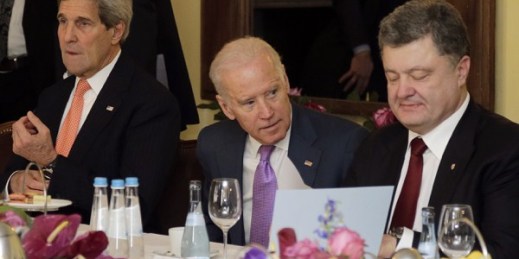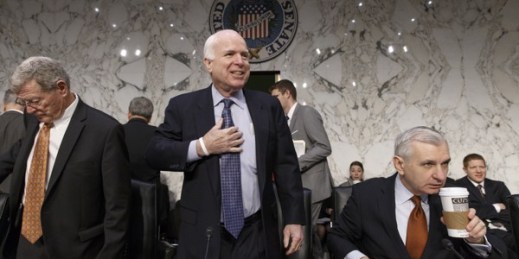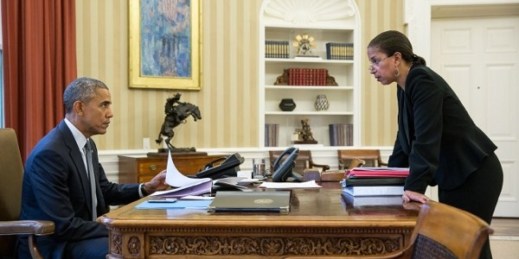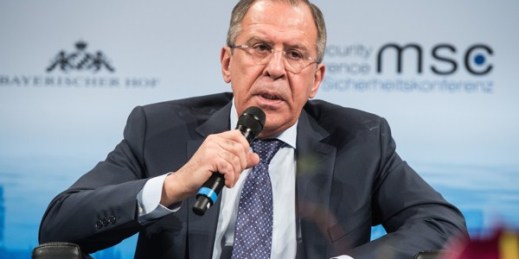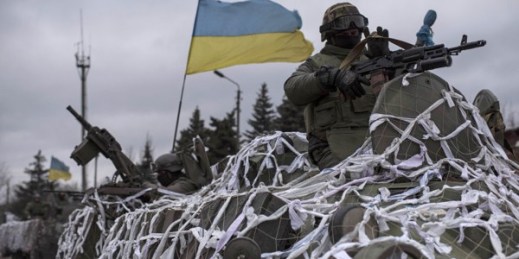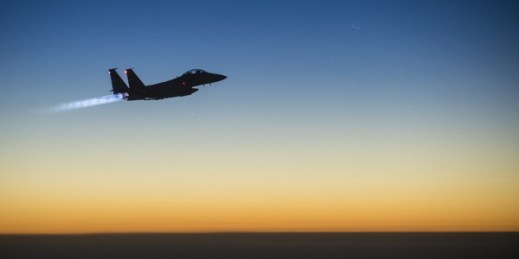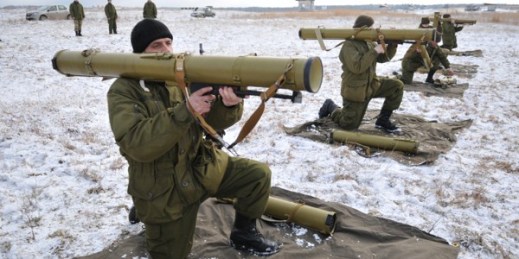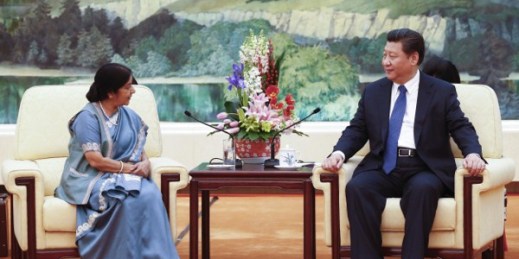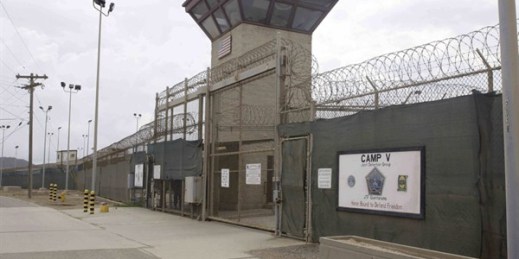
When the United States invaded Iraq in 2003, there were 680 prisoners being held in the detention facility at Guantanamo Bay. Today, there are 122. As The Associated Press has reported, that is “less than half the number when [U.S. President Barack] Obama took office, and the fewest since 10 days after the U.S. began shipping al-Qaida and Taliban fighters, shackled and clad in orange jumpsuits, to the base on Jan. 11, 2002.” A slow trickle of prisoner releases has steadily picked up over the last year and a half, and especially in recent months, as part of a policy […]

